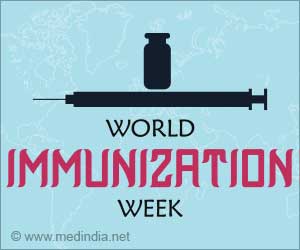Highlights
- Extremely high levels of vitamin C selectively kills cancer cells but not normal cells.
- Intravenous administration of vitamin C versus oral intake is more effective in counteracting cancer cells.
- Vitamin C is broken down to hydrogen peroxide which are less manageable by cancer cells and are more prone to damage and death.
- Normal cells have several ways to remove hydrogen peroxide, keeping it at very low levels so it does not cause damage.
"In this paper we demonstrate that cancer cells are much less efficient in removing hydrogen peroxide than normal cells. Thus, cancer cells are much more prone to damage and death from a high amount of hydrogen peroxide," says Buettner, a professor of radiation oncology and a member of Holden Comprehensive Cancer Center at the University of Iowa.
Normal cells have several ways to remove hydrogen peroxide, keeping it at very low levels so it does not cause damage. The new study shows that an enzyme called catalase is the central route for removing hydrogen peroxide generated by decomposing vitamin C.
"This explains how the very, very high levels of vitamin C used in our clinical trials do not affect normal tissue, but can be damaging to tumor tissue."
The researchers discovered that cells with lower amounts of catalase activity were more susceptible to damage and death when they were exposed to high amounts of vitamin C.
Reference
- Garry R. Buettner et al., Tumor cells have decreased ability to metabolize H2O2: Implications for pharmacological ascorbate in cancer therapy, Redox Biology (2016) http://dx.doi.org/10.1016/j.redox.2016.10.010.
















